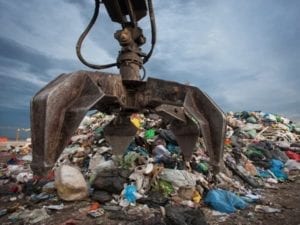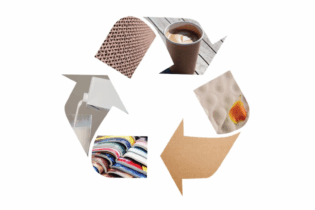With the planet at a ‘tipping point’, civil society, industry and public sector have to take urgent collective action to reduce plastic, eliminate waste and ensure food and water security, experts said at the opening of IFAT Africa.
Speaking at the opening of the co-located environmental, food and analytical technologies events, experts noted that with water scarcity a growing global challenge and up to 35 billions of tons of plastic predicted to be in circulation by 2035, all stakeholders had to take action now. Ranjt Baxi, Past President Bureau of International Recycling (BIR) and Founding President of the Global Recycling Foundation, said the plastic problem was a complex one and would not be solved overnight. “Over 8.5 billion tons of plastic has been produced, and if we continue at the rate we are going, it is estimated that over 35 billion tons could be in circulation by 2035. Plastic remains a massive challenge for mankind, and it won’t just go away. We need collective efforts and the right legislation to ensure that we reduce single use plastic and produce only plastics that are recyclable.” He also noted that pollution was global and that legislation enforced in one country could not curb the problem if other countries did not enforce similar legislation.Douw Steyn, Director of Sustainability at Plastics SA, said much of the plastic that ended up in the ocean originated upstream and that efforts were underway to launch river catchment projects, educate civil society and improve recycling infrastructure.
“As much as 60- 70% of the material coming to recycling plants in South Africa at the moment comes from landfill reclaimers and trash pickers. They play a key role in recycling,” he said. The panelists said stricter legislation and enhanced support for efforts such as these would go some way to improving the success of recycling efforts in South Africa. While they believed public sector had to commit to achieving the Sustainable Development Goals (SDGs), over-regulation and certain approaches could prove counter-productive. They noted that there were no guarantees that taxes on carbon emissions or plastic bottles would be channeled into environmental initiatives.






